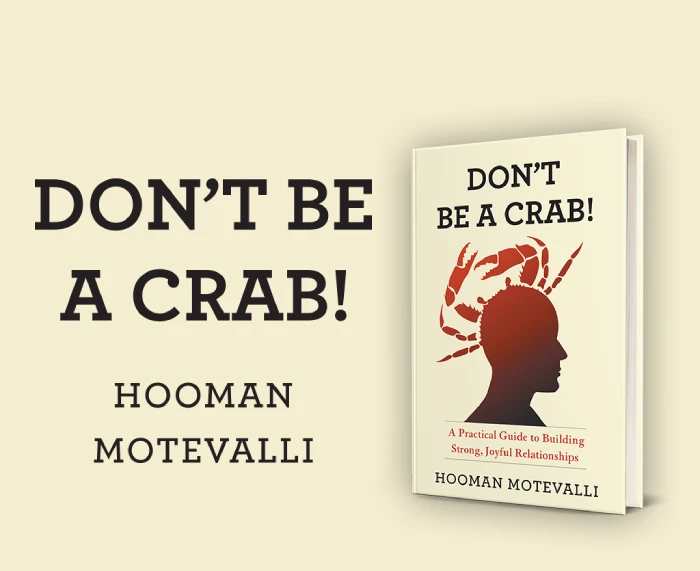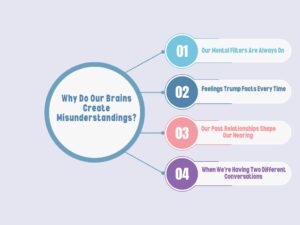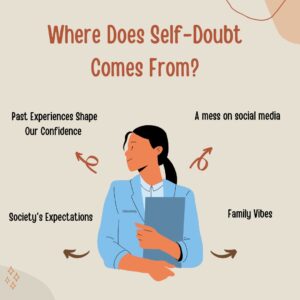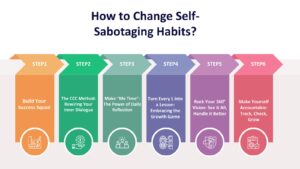Work-life balance is a term that has gained significant traction in recent years, but what does it mean? Why is it so important in our lives, and what if we neglect it?
In this article, we’ll understand the proper work-life balance meaning and more, so keep reading.
What Does Work-life Balance Mean?
In essence, work-life balance refers to the equilibrium between one’s professional and personal life. It entails finding a harmonious integration of work and other aspects of life, such as family, relationships, hobbies, and emotional well-being.
Achieving work-life balance is crucial for overall happiness and fulfillment, allowing individuals to lead a more fulfilling and meaningful life.
The Importance Of Work-life Balance
Maintaining a healthy work-life balance is paramount for one’s mental, physical, and emotional well-being.
When we prioritize work at the expense of our personal lives, it can lead to many negative consequences. Burnout, stress, and declining physical and mental health are examples of what can happen when work becomes all-consuming.
On the other hand, when we strike a balance between work and personal life, we experience increased productivity, improved job satisfaction, and better overall health.
Work-life balance enables us to recharge, nurture relationships, pursue passions, and maintain a sense of fulfillment outside of work. Ultimately, achieving work-life balance allows us to lead a more meaningful and holistic life.
What Happens With A Lack of Work-life Balance
We must achieve a work-life balance to protect our personal and professional lives.
You know that feeling when life seems like an unending race against the clock, where work takes center stage and personal time becomes a scarce luxury? We’ve all been there, and while a bit of hustle is natural, consistently sidelining work-life balance can trigger consequences beyond the surface.
Below are the five expected outcomes of disregarding work-life balance:
Burnout And Exhaustion
Have you ever felt that creeping exhaustion that doesn’t seem to fade, no matter how much sleep you get? That’s the sign of burnout, a state of emotional, mental, and physical fatigue.
Pouring all your energy into work leaves you running on fumes, causing your motivation to plummet and your productivity to suffer. It’s like trying to run a car with an empty gas tank – you might move, but you’re not going anywhere significant.
Health Hits The Low Point
Neglecting self-care for the sake of work can put your health in jeopardy.
Unpredictable meal times, skipped workouts, and sleepless nights become the norm. This unhealthy cocktail can lead to weight gain, heart problems, and a weakened immune system. On top of that, the constant stress might pave the way for unwelcome mental health guests like anxiety and depression.
The Toll On Relationships
Balancing work commitments and personal life can sometimes feel like a juggling act. And unfortunately, relationships often bear the brunt.
Not making time for loved ones can lead to strained bonds, feelings of isolation, and even the fading of once-thriving connections. And let’s not forget that neglecting your relationship with yourself can result in an identity crisis – after all, who are you outside of work?
Creativity Takes A Hit
When you’re perpetually glued to your work, convinced that you’re maximizing productivity – you miss out on those flashes of creativity that often arise when taking a walk or enjoying your hobby.
Your creativity tends to vanish into thin air when you’re all thinking about your never-ending to-do list. With space to recharge and explore, innovative thinking becomes a common commodity.
Missing Out On Life’s Pleasures
Hobbies, passions, and moments of pure relaxation are the spices that add flavor to life. Yet, an unbalanced existence can drain the vibrancy from these pleasures.
Work dominates, leaving little room for activities that bring you happiness. Days blur into monotonous cycles, leaving you yearning for the joy and fulfillment that comes from more than just ticking off tasks.
These consequences are meant to make sure you can avoid shunning work altogether. It’s about realizing the importance of balance – not just for your health and relationships but also for your career growth, mental well-being, and overall life satisfaction. By acknowledging these potential pitfalls, you’re better equipped to navigate the delicate dance between work and life.
Understanding The True Meaning Of Work-life Balance
Finding work-life balance is not about dividing our time equally between work and personal life. Instead, it’s about creating a space where they both coexist harmoniously.
Creating work-life balance is about being fully present and engaged in whatever we do, whether working on a project or spending quality time with loved ones.
Achieving work-life balance requires a mindset shift. It involves setting clear boundaries at work and home and prioritizing self-care and personal well-being. It means recognizing that work is just one aspect of our lives and that nurturing other areas is equally important. By embracing this perspective, we can find true harmony between our professional and personal lives.
Tips For Achieving Work-life Balance
Below are some tips to help you achieve work-life balance.
Set Boundaries
Clearly define your working hours and stick to them. Avoid checking emails or working during your designated personal time.
Prioritize Self-care
Schedule time for yourself and care for your physical, emotional, and mental well-being. Take breaks throughout the day and find activities that bring you joy.
Practice Mindfulness
Focus on the present moment and be mindful of how you feel in any situation. This can help you stay grounded and connected to yourself even when life gets hectic.
Delegate And Ask For Help
Feel free to delegate tasks or ask for assistance when needed. It’s okay to rely on others and share the workload.
Disconnect From Technology
Establish a screen-free time to disconnect from work-related technology and focus on personal relationships and activities.
Don’t Be Afraid To Say No When Necessary
If something takes away from your work-life balance or makes you feel overwhelmed or stressed, it may be best to pass on the opportunity.
By learning to say no, you can save yourself from unnecessary burdens that might deprive you of precious self-care time.
We can find a proper balance between our professional and personal lives by making these changes in our daily lives.
Common Misconceptions About Work-life Balance
Several things need to be clarified surrounding work-life balance that can hinder our ability to achieve it.
- One common misconception is that work-life balance means spending equal time on work and personal life. It is about finding a balance that aligns with our priorities and values.
- Work-life balance is a one-size-fits-all concept. Each person’s definition of balance may vary, and it is essential to tailor it to our unique circumstances and aspirations. It is not about adhering to societal expectations but finding what works best for us.
- It’s wrong to presume that work-life balance is an immediate and permanent achievement. The reality is work-life balance is a dynamic process that evolves as you navigate various life stages, responsibilities, and opportunities.
- It’s common to assume that striving for work-life balance deprives you of growth opportunities and professional ambitions. Instead, it’s about aligning your aspirations with your values and creating a synergy between your professional and personal pursuits.
- Another misconception is the pursuit of a perfectly balanced life. Striving for perfection can create unnecessary stress and dissatisfaction. It would help if you focused on making gradual adjustments over time. Somedays, you might need to spend more time on work, while other days, personal matters may require more attention.
You can pave the way for a more accurate understanding of work-life balance by eliminating these common misconceptions. Recognize that balance is a nuanced and personalized concept.
Conclusion
In conclusion, work-life balance is not an elusive concept but an essential part of our well-being.
It is about finding harmony between our professional and personal lives, ensuring that neither aspect dominates the other. We can achieve proper work-life balance by prioritizing self-care, setting boundaries, and embracing a holistic perspective.
So, let us strive for harmony in our work and all aspects of our lives. Let us prioritize our well-being and nurture relationships. By doing so, we can live a more meaningful, fulfilling life. Work is essential, but it should never overshadow the beauty and joy that life offers outside the office.
Have you found your work-life balance? Share your experiences and tips in the comments below!









